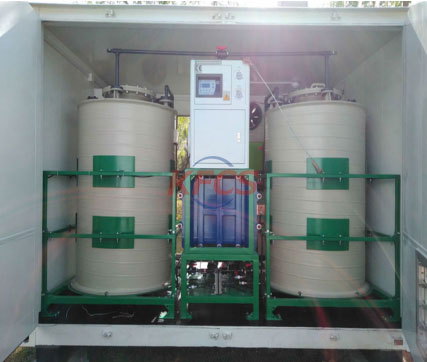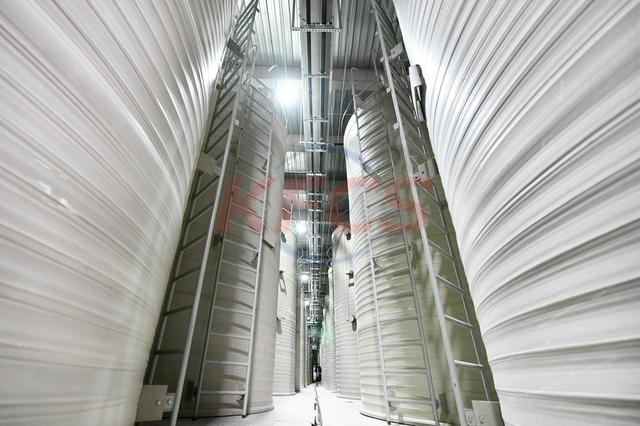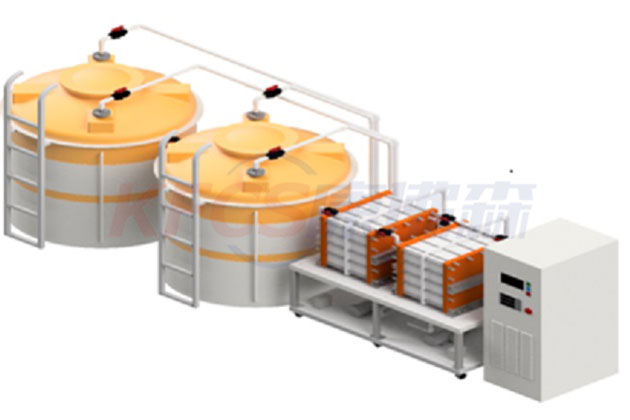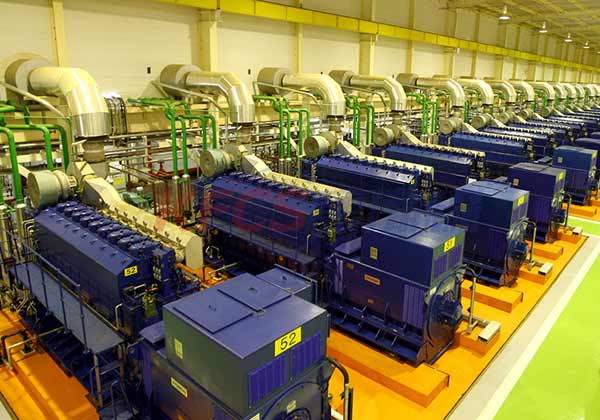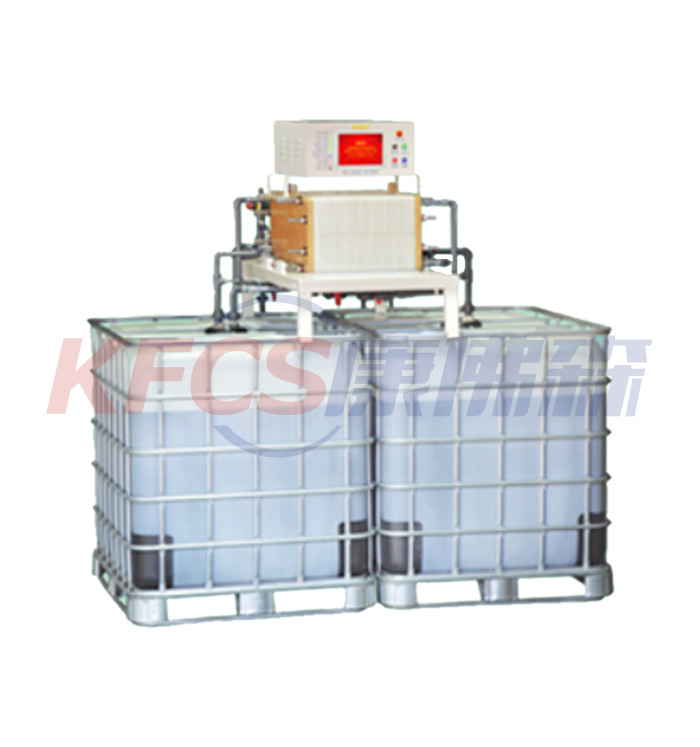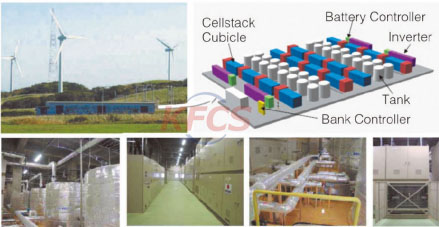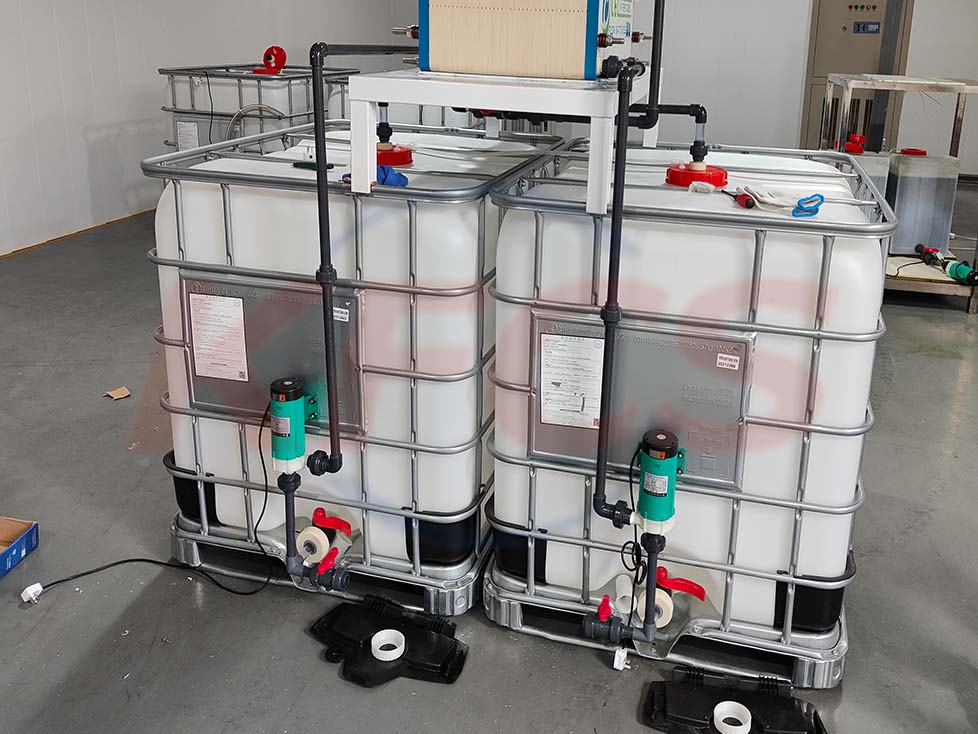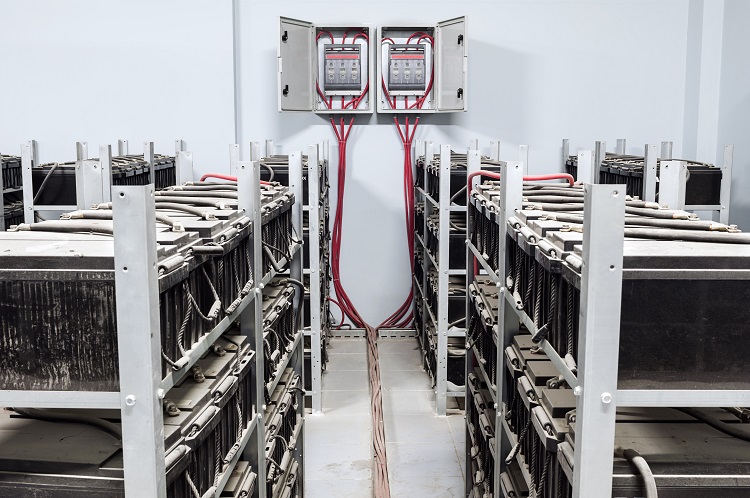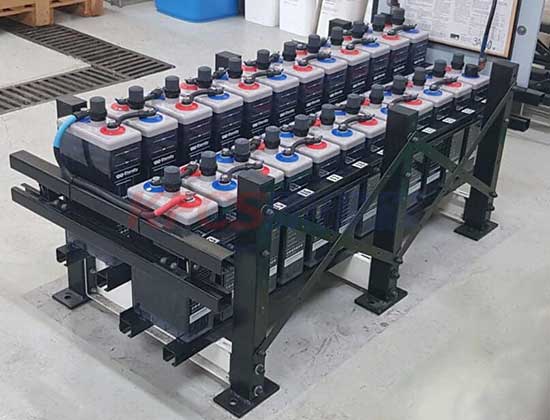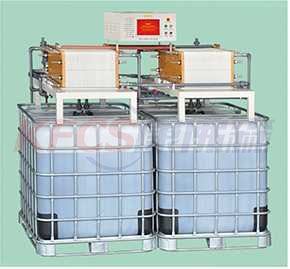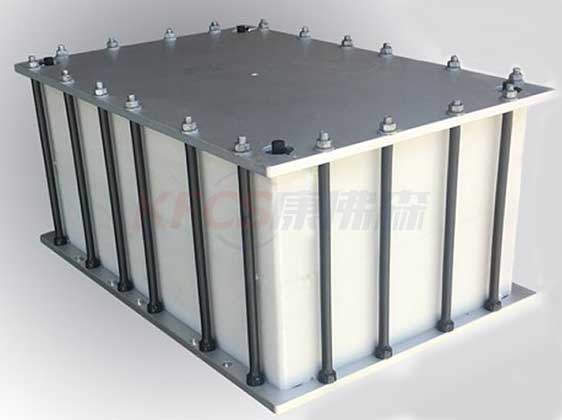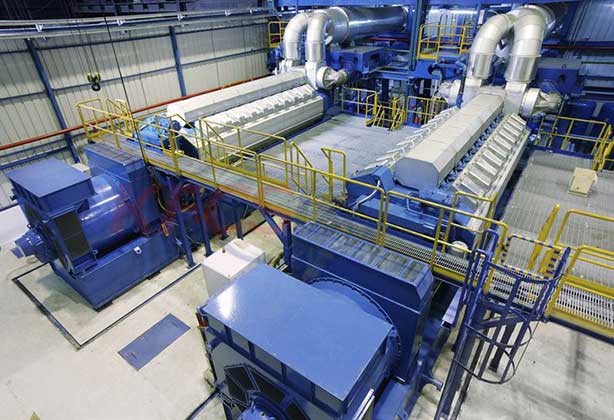What is the significance of hydrogen safety in hydrogen energy as a secondary energy source?
In work and communication with netizens, it is found that people have misunderstandings about the safe use of hydrogen energy. High pressure, burning, explosion, poisonous... make people shudder. Especially for Japan to build a hydrogen energy society, distributed hydrogen production, and fuel cell households are deeply concerned. This article aims to dispel people's misconceptions about the safety of hydrogen energy.
"Hydrogen = explosion"?
Why do people immediately associate "dangerous, explosive" with the mention of hydrogen? The reason is that people were horrified by the power of the hydrogen bomb. In fact, the power of the hydrogen bomb explosion is not the fusion of hydrogen. Its destructive energy comes from the nuclear fission of uranium, which requires the ultra-high temperature generated by the nuclear fission of the atomic bomb to trigger the nuclear fusion reaction.
The reason why hydrogen fuel is misunderstood as "there is a strong danger of explosion" lies in the shocking force of two physical properties. First, the burning range is large; second, the ignition energy is extremely small.
The combustion range is the degree to which a substance is mixed with air and the rate of combustion after ignition. Hydrogen only becomes a combustible gas when it is mixed with 4% to 75% air. At the same time, it needs to give a certain amount of electrostatic ignition energy, and it will burn only when it meets the conditions of combustible gas. Conversely, if the above two conditions do not overlap, no combustion and explosion will occur.
It should be added that the ignition point of hydrogen (auto-ignition temperature) is 527°C. That is to say, the temperature of the fire ignited by hydrogen in the air will not burn until it reaches 527 °C, otherwise the hydrogen cannot be ignited and burned.
Is "hydrogen = flammable"?
Hydrogen diffuses easily and rapidly because of its lighter specific gravity than gasoline and air. As mentioned earlier, hydrogen can only become a combustible gas when it is mixed with air at a ratio of more than 4%. However, since the proportion of hydrogen to air is 1/14, the high diffusivity determines that its concentration in open spaces such as windows or outdoors is difficult to reach 4% and above, but only lower and safer, and it is difficult to achieve ignited conditions. Moreover, as long as the fire is lower than 527 ℃, it cannot be ignited.

